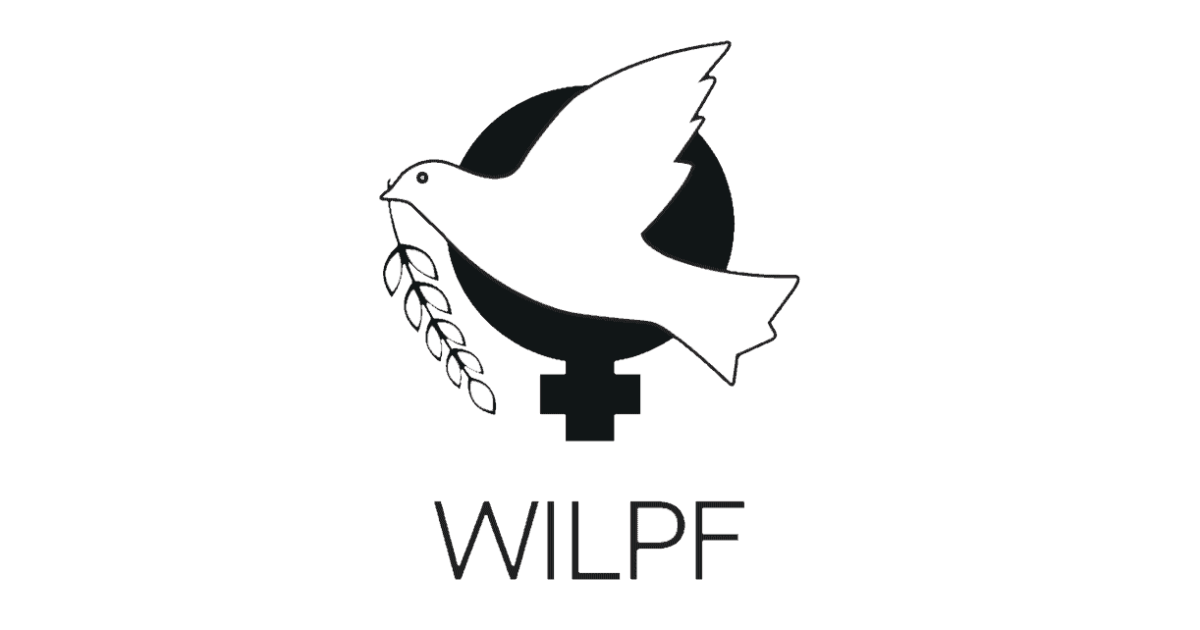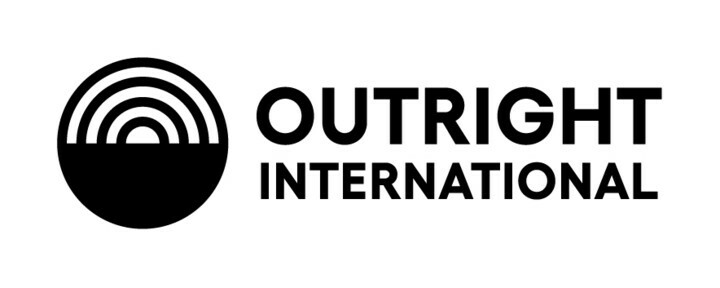Syria & Golan Heights
Syria & Golan Heights
Since 2011, Syria has been on the United Nations Security Council’s agenda, when President Assad’s aggressive actions against pro-democracy protesters during the Arab Spring became more frequent and increasingly violent, leading to civil war and terrorist violence within the country.
Insecurity is the primary concern for women, yet in spite of their limited operating environment, women activists have organized nonviolent protests, distributed and monitored humanitarian aid, documented human rights violations, created safe spaces for women and children, and worked at the local level to set up ceasefires, prisoner releases, and elections.
Based on the work of NGOWG members and their partners, the NGOWG advocates for ensuring women’s needs— such as secure access to sanitation facilities and hygiene, and health assistance— are adequately addressed, and that Syrian women are equally and meaningfully participating in the UN-facilitated political process and in the design and implementation of ceasefire monitoring mechanisms.
Golan Heights
Golan Heights, a disputed plateau in south-western Syria, is home to an equal number of Syrians and Jewish settlers, and since 1973, United Nations Disengagement Observer Force (UNDOF) peacekeepers have observed a contested territorial line between Israel and Golan Heights.
In the current Syrian conflict, Golan Heights has become a key strategic geopolitical position, causing an escalation in violence and increased violations of the ceasefire territorial agreements. Recent advances and attacks by the Islamic State of Iraq and the Levant (ISIL) have concerned residents of Golan Heights— particularly given ISIL’s systematic denial of women’s rights and perpetuation of violations against women.
Based on the work of NGOWG members and their partners, the NGOWG advocates for addressing the increasing gender imbalance in UNDOF by deploying a higher percentage of women, and inclusion of gender-specific language in the UNDOF mandate.
Current and Past Recommendations to the UN Security Council (Monthly Action Points)
During ongoing discussions on the situation in Syria, it is imperative that all parties explore all options to secure long-term, sustainable and safe humanitarian access and a UN presence in northwest Syria in order to provide principled, predictable, and lifesaving assistance to the 4.1 million people currently in urgent need. Humanitarian principles must be central to any agreements regarding cross-border assistance in order to ensure the aid reaches those who need it, wherever they are situated, without interference. Against the backdrop of ongoing politicization of humanitarian aid in Syria, the population faces multiple complex crisis, all of which have acute gendered impacts, including ongoing armed violence, a cholera outbreak, and food insecurity, all of which has been exacerbated by the 7.8 magnitude earthquake that left thousands dead and injured, as well as tens of thousands in need of shelter. In forthcoming discussions on the situation, Council members must call for rights-based, survivor-centered humanitarian action that is age and gender-responsive, disability-inclusive, and provides immediate and non-discriminatory aid and quality healthcare, including sexual and reproductive health services and gender-based violence (GBV) prevention, mitigation, and response services, and access to quality mental health and psychosocial support. The Security Council should reinforce that the Secretary-General should include gender, age and disability-sensitive conflict analysis regarding the situation of displaced women. Further, the Council should also call for a ceasefire and end to violence to allow the country to address its ongoing health and humanitarian crises, none of which can be achieved without a political solution that is built on a foundation of accountability, justice, including reparations, and equal rights. This foundation is undermined, however, by the ongoing impunity for past, and current violations of international humanitarian and human rights law, including the anti-torture law that fails to address the crimes carried out over the past decade. In this context, gender equality and international human rights and humanitarian law must be priorities in each stage of the conflict resolution, peacebuilding and recovery process, including a gender-inclusive constitution that protects all citizens from discrimination on the basis of their sexual orientation, gender identity, ethnicity, religion, and other markers of identity and social status. All Member States should provide political, technical, and financial support to the newly established mechanism on missing persons so that it has the resources necessary to implement its mandate fully in a gender-sensitive and survivor-centered manner. Finally, women’s full, equal and meaningful participation and leadership should be a norm at every stage of the political process. The ceasefire process must ensure the active participation of women for a more inclusive and effective peacebuilding effort. The Office of the Special Envoy (OSE) should prioritize the meaningful participation, dialogue and inclusion of women activists, peacebuilders and WHRDs in its work, and all briefers should provide updates on barriers to women’s meaningful participation, as well as recommendations communicated by civil society leaders during consultations.
Relevant Resources







